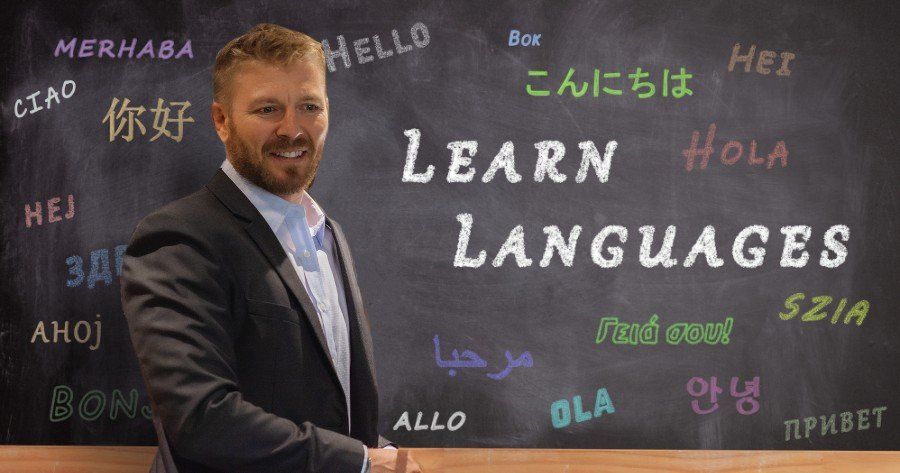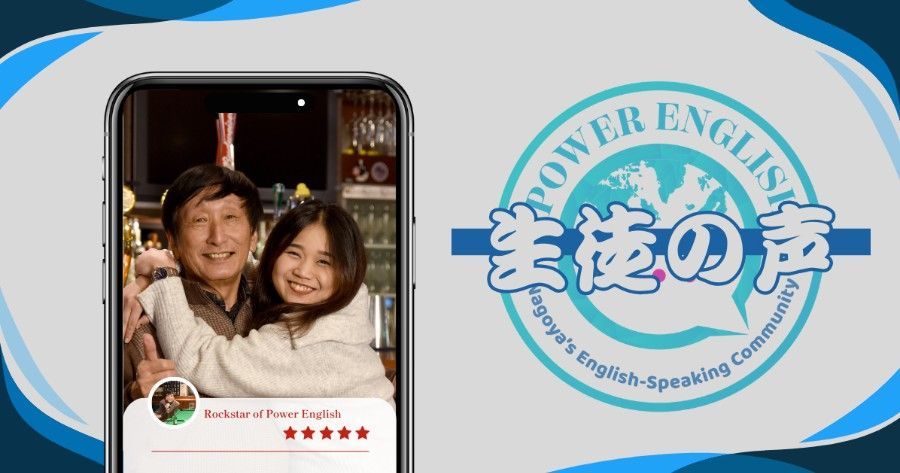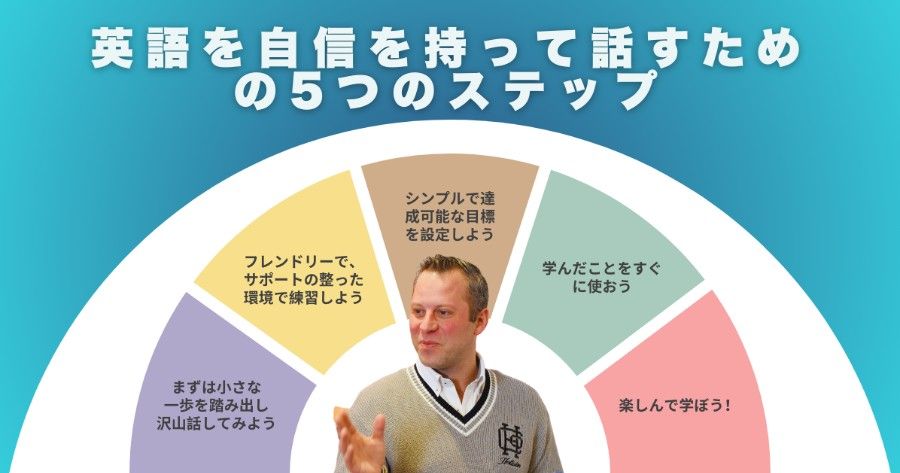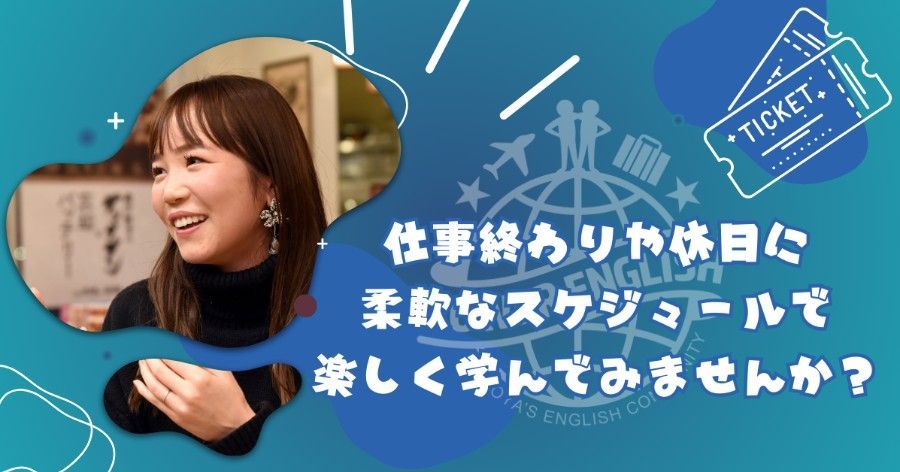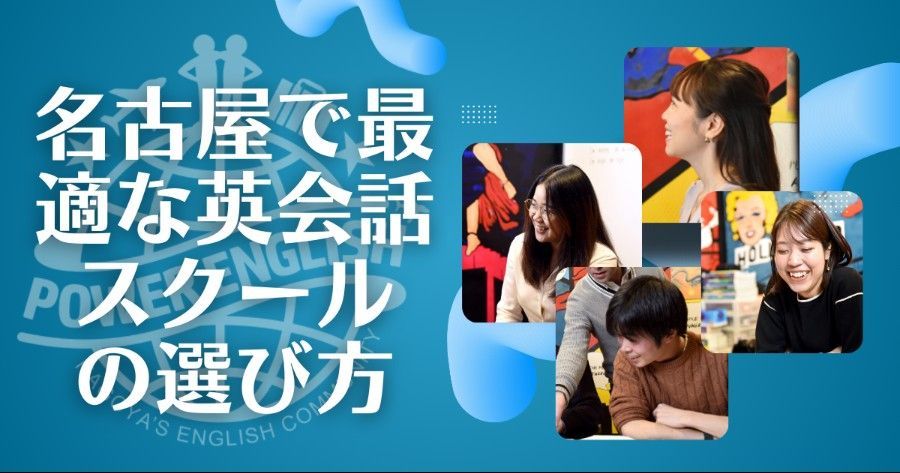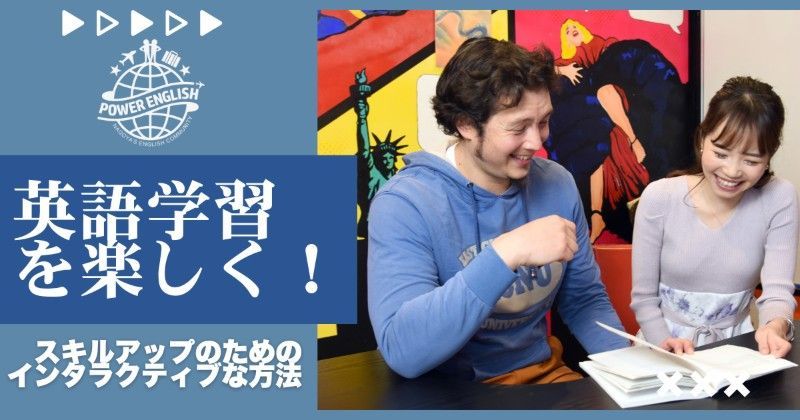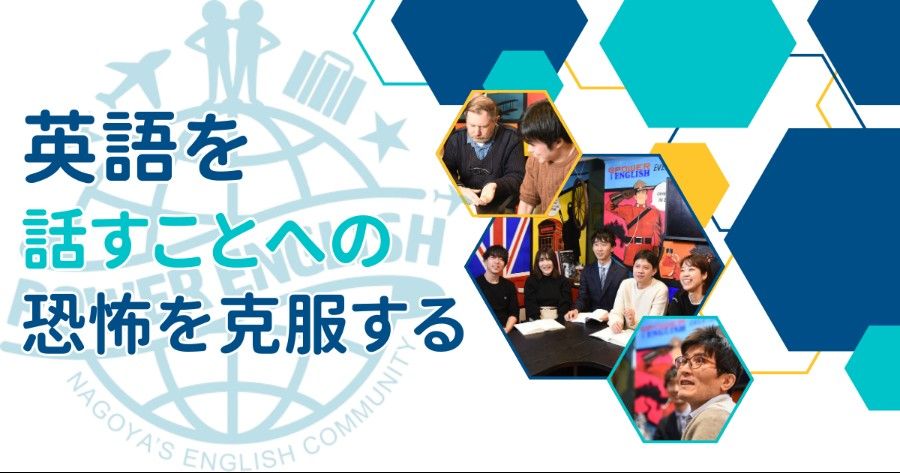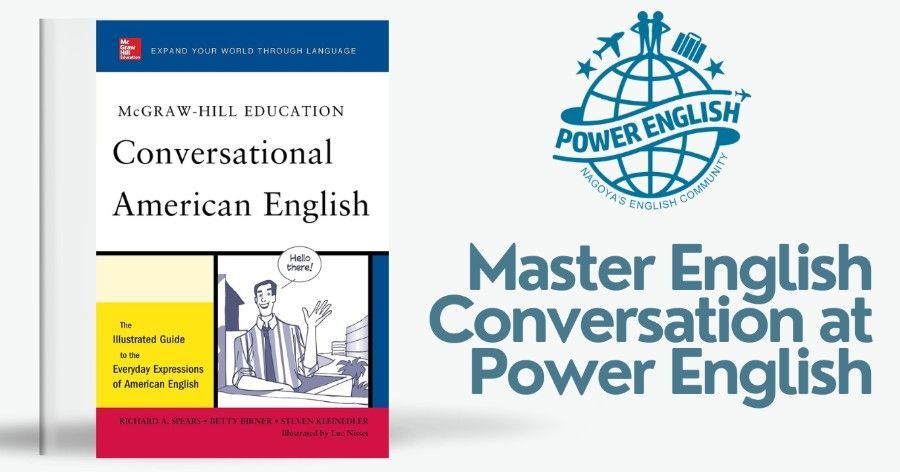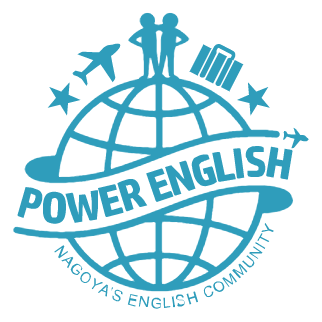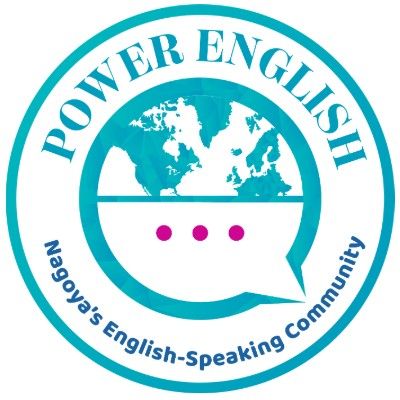日本語と英語も頑張れましよ!
Hello Everyone!☺ 今日はどんな一日をお過ごしですか❔
皆さんお待ちかね、、いつも陽気で楽しい授業を実施してくれるRon先生がらのブログです❕✨今回のキーワード単語の意味は、いつも通りブログ下に書いておくので、まずは辞書なしで一気に読んでみましょう❕☟
Studying Japanese...
So, I’ve been living in Japan for nearly 9 years now. I remember when I first moved here, I met a guy who said he had been living in Japan for 5 years at that point. So, I said, “Oh, then your Japanese must be pretty good then, yea?” He replied, “No, my Japanese is pretty poor. It could be a lot better.” At that time, I was planning to only be in Japan for a year or two. (Happens to all of us that move here it seems.) But I remember thinking to myself that I would be able to speak Japanese after 5 years of living in Japan. 9 years later here I am; with bad Japanese. Why?!?!
So, I can speak some Japanese and can get by in day to day life and have casual conversations. And not to throw any of my friends under the bus, but my Japanese is better than some of my friends that have been here for twice as long as me. But why am I not fluent in Japanese at this point after living in Japan for almost a decade?
I'll admit that it's mostly laziness. When I first bought a Japanese book I sat down, looked at it and thought, "Ok! I'm going to learn Japanese!". So, I cracked open the book to the first page that had a bunch of greetings. Hello. Good morning. Good evening. etc... But, I couldn't read any of it. It was all in hiragana! So, before I could even start to study Japanese properly, I first had to take the time to learn hiragana and katakana. That was quite a daunting realization. Before I could even study Japanese, I needed to spend a couple weeks drilling and writing hiragana and katakana a million times.
And many Japanese people always tell me, "You don't need to learn Japanese. English is enough for you." And yes, I would probably be fine if I never spoke but a few words of Japanese living in the city. But one, that's not fun for me. Two, that's just complete laziness. And three, I feel that it is important to learn Japanese for me. It allows me to connect with people that I wouldn't be able to connect with. And just like non-English speakers learning English, it can potentially open more doors to different job opportunities that I wouldn't have if I didn't speak Japanese.
Japanese is one of the hardest languages for English speakers to learn. But English is also one of the hardest languages for Japanese people to learn. Many people have become fluent in English. And I'll continue to do my best to become fluent in Japanese!
-Ron
単語訳:
casual conversations: 日常会話
throw (someone) under the bus: (誰か)を犠牲にする、裏切る
I'll admit: 認める
laziness: 怠惰
crack open a book: 本を開く
daunting realization: 現状におづけずく
a million times: 何回も
open more doors: チャンスを広げる
では、単語をチェック✅して、再度読んでみましょう!より、意味が理解できましたか❔☺
私の周りにも、日本に長く住んでいて、日本語が話せる友達とほぼ話せない友達がいます。この差はいったい何だとRon先生は言ってますか❔言語って、その国に住んでたら自然にペラペラになると思いきや、、実はその人のやる気次第で結果が全く変わってくるんですね😲
英語の勉強も自分の頑張り次第で、一か月後、半年後、一年後、、結果が目に見えて分かるので、とてもやりがいがあると思います🔥💪Power Englishは、やる気がどうしても続かない方のサポートもしているので、長期で勉強を考えてる方は是非ご相談ください☺
✨無料体験レッスン予約随時受付中✨
現在、体験レッスンは無料で行っております。英語の勉強これを機に始めたいけど、1人ではどう始めていいか分からない、、という方!まずは当校のレッスンにご参加ください!

